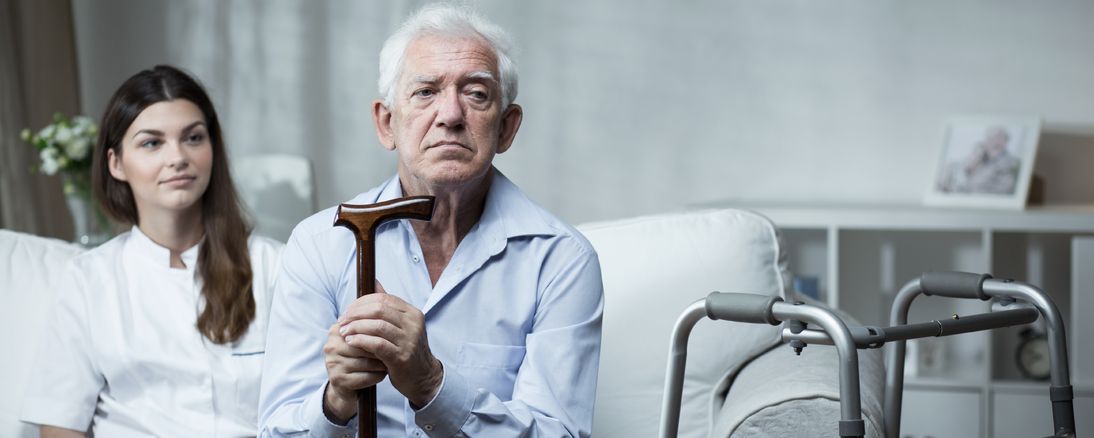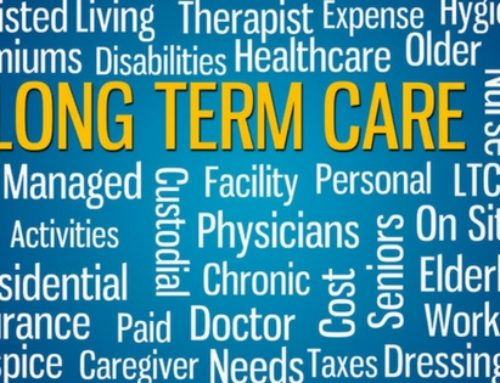There’s little doubt that nursing care is expensive — and getting more expensive by the year. It can help if you estimate the costs before going in. While this can be complex, a little knowledge can get you started. Explore how to calculate the cost of nursing care in Ohio, including the different kinds of care, cutting costs with benefits, and how an attorney can help.
Cost of Nursing Care in Ohio
Calculating the cost of nursing care in Ohio starts with the different kinds of care you may be considering. Each will carry a different set of costs that must be considered. There is a nearly an infinite variety of care types, but the major ones include:
– Home Care Aides: Providing non-medical care like helping with hygiene and daily tasks, these aides can charge anywhere from $15/hr to $26/hr, averaging $20/hr, in general.
– In-Home Healthcare: Providing skilled medical care in the home, these visiting professionals cost around the same as a home care aide.
– Adult Day Care Centers: Providing supervision and structured social activities during the day, these centers can average anywhere from $35/day to $124/day based on the amenities of the facility in question. Some also provide medical care, which raises the cost by anywhere from 5 percent to 15 percent.
– Assisted Living Centers: These residences allow a degree of independent living while providing aid with daily tasks and basic healthcare. On average, seniors can expect to pay between $2,500 and $6,000 per month, with those needing special care for conditions like Alzheimer’s costing between $1,000 and $5,000/month more.
– Nursing Homes: Providing 24/7 medical care by certified and licensed health professionals including all personal, daily and hygienic needs, these facilities cost anywhere from $140 per day to $770 per day or even a bit higher.
Cutting Costs
If the care is in-home, using independent caregivers as opposed to agencies can cost less, and virtual caregivers may be able to provide some help if all that’s needed is companionship. There are a number of home modifications that can be made to ease the life of the senior and decrease the need for care, and home monitoring systems can provide care only when needed.
For live-in circumstances, such as retirement homes and assisted living, seek smaller residences that carry a lower cost, consider getting your loved one a roommate and think about how much care you really need. Moving outside of the city can provide lower costs via smaller, private communities. For those on limited fixed incomes, some residences will offer reduced cost credits.
Medicare and Medicaid can kick in to cover part of the costs of care. Finally, there may be tax credits and benefits to lower costs overall. These can help regardless of the kind of care you seek.
How an Attorney Can Help
A qualified elder law attorney can help you to find resources to keep your loved one’s care steady and stable, and if things get rough, can help you find ways to reduce the cost and keep the care your loved one needs, in place where it belongs. If you are looking for help keeping your senior loved one’s care in place, call Stano Law Firm for help today.








Leave A Comment